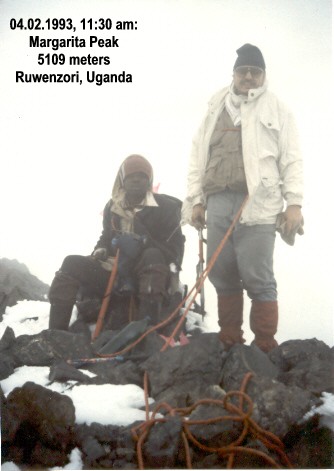Put Pressure On Gov'ts to Stop EPA Negotiations - ACP Countries Told
Ghanaian Chronicle (Accra)
NEWS, March 27, 2007, Posted to the web March 27, 2007
Quell URL: http://allafrica.com/stories/printable/200703270692.html
By Michael Boateng Sunyani
THE GHANA Trade and Livelihood Coalition (GTLC), has called for mass mobilization of people in Africa, Caribbean and Pacific (ACP) countries to put pressure on their governments to stop the Economic Partnership Agreement (EPA) negotiations while urging various Parliaments not to ratify the agreement if it is signed.
An Executive Member of the Coalition and Programme Officer of ISODEC, Mr. Sylvester Bagooro, made the call at the first ever International workshop for alliance building in the West African Sub-region in Sunyani, organized by the GTLC.
GTLC is a nationwide advocacy organization comprising over sixty farmer and producer organizations that are striving for trade justice.
Over 30 participants attended the workshop from Ghana and Burkina Faso.
The participants discussed among other things the effects of the Economic Partnership Agreement and its social consequences on African, Caribbean and Pacific countries.
According to Mr. Bagooro, free trade agreements are not necessarily the best options for developing countries like Ghana and Burkina Faso.
He said that EPA was a free trade agreement that would deprive small-scale producers of their livelihoods and worsen the poverty situation in the sub-region.
The Programme Officer of ISODEC explained that the EPA would require ACP countries to open their economics to competition from highly subsidized imports from the European Union.
Mr. Bagooro revealed that, in the case of Ghana, revenue that government derives from duties imposed on goods would be lost.
According to him, an impact study conducted has shown that government would lose about 5.3% of revenue.
The loss in revenue, he said would put pressure on government to focus on indirect taxation or borrow from external donors.
Mr. Bagooro urged MPs to consider the poor in their countries in policy making.
The National Coordinator of GTLC, Ibrahim Akalbila, said with an import tariff of 25% on imported poultry parts, the production of poultry in the country was at its lowest.
Mr. Akalbila revealed that importation of poultry parts from EU has increased from over 6,000 tonnes in 1993 to 14, 634 tonnes in 2003.
He further said between the same periods, EU exports of prepared and preserved tomatoes increased from 3,713 tonnes to over 27,000 tonnes, ranking Ghana the number one importer of tomato paste in Africa.
Copyright © 2007 Ghanaian Chronicle. All rights reserved. Distributed by AllAfrica Global Media (allAfrica.com).





Keine Kommentare:
Kommentar veröffentlichen